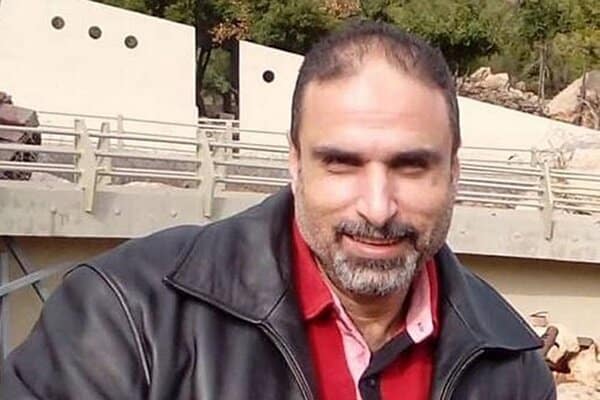Abu Abdullah was no less than a danger to Tel Aviv than Saleh al-Arouri.
Martyrs are alive; these dear ones, both in material life and in spiritual life, that is, after their martyrdom, impact the political, social, and cultural events of society and the thoughts and souls of humans. This impact is endless, and the martyrs are alive and guide society; the impact of a martyr is one of the necessities of his being alive; in such a way that he affects society and his surroundings and moves society, whereas after the martyrdom of Soleimani, it was said that “Martyr Soleimani is more dangerous to his enemies than General Soleimani.”
The impact of martyrs is not limited to the land in which they live or fight, just as martyrs in various countries such as Afghanistan, Yemen, Lebanon, Iraq, Pakistan, Syria, and Nigeria pursued lofty goals against aggression and occupation, the impact of dignity after martyrdom has a national and supranational aspect and crosses borders; As we see its effect today in England, America, France, Germany, South Korea, Jordan, Sweden and Ireland, freedom-loving students and supporters of Palestine are holding demonstrations in solidarity with the Palestinian people and condemning the Zionist regime’s continued genocide and infanticide.
Today, resistance, especially after October 7, 2023, is one of the most prominent and worthy actions being taken in society in many countries and the Middle East region. Examples include the resistance shown by the oppressed people of Yemen and the resistance that is underway in Palestine against the Zionist regime.
Given that societies need effective role models to achieve their goals and values, one of the good models whose lifestyle can lead to the progress of the individual and society is the lifestyle of the martyrs. Of course, the stories and fates of many martyrs are shocking, and the dimensions of their lives are not known to many people, especially the younger generation. According to the Supreme Leader today, the virtue of keeping the memory and names of martyrs alive is no less than martyrdom; Due to the importance of the issue of resistance in many countries and the Middle East region, we are opening the file of the “Indicative Martyrs of the Al-Aqsa Storm” to address one of the most important aspects of honoring and keeping alive the memory of the martyrs, namely, examining and reviewing their lives.
Parts one through six of this file is dedicated to examining and reviewing the lives of the martyrs “Mushtaq Al-Saidi”, “Saleh Al-Arouri”, “Hassan Wissam Al-Tawil”, “Sayyid Razi Mousavi”, “Ayman Nofal” and “Wael Muhi Al-Din Al-Zard”, which can be read and reviewed from the following links:
“A Commander Who Was Tireless Like Hajj Qassem and Abu Mahdi / “Abu Taqwa”’s Attention to the Spirituality and Morale of the Forces”
“The Engineer of the Al-Aqsa Storm; A Martyr Who Spent His Life Serving Palestine”
“Wissam Al-Tawil”; From Planning Operation “The True Promise” to Developing the Resistance’s Power”
“Sayyid Razi Mousavi; A Key Role in Equipping the Resistance to Help the Syrian Earthquake Victims”
“Ayman Nofal”; From Hamas’s missile development to the formation of the resistance groups’ think tank”
“Wael Al-Zard”; a martyred scholar who played a prominent role in educating Gaza students”
In the seventh part of the case as mentioned earlier, we examined and reviewed the life of the martyr “Azzam Hassani Salah Al-Aqra” with the nickname Abu Abdullah, which is detailed in the rest of the report.

